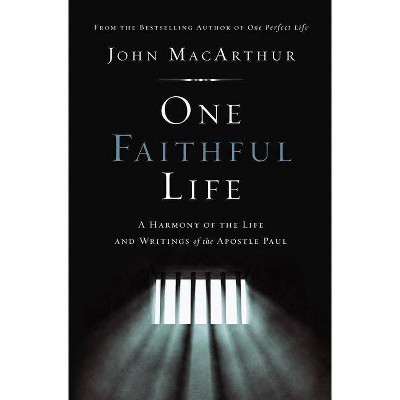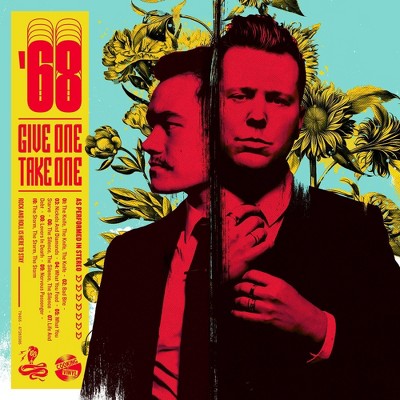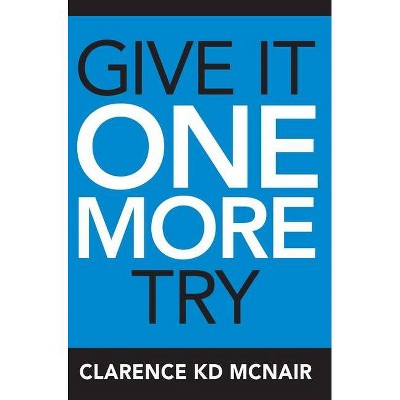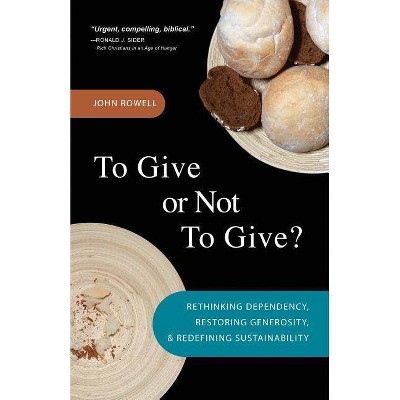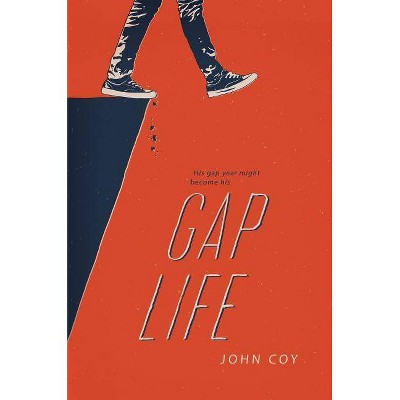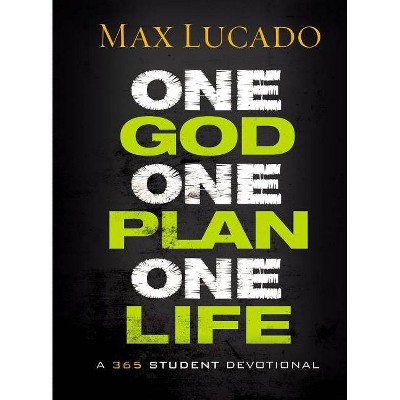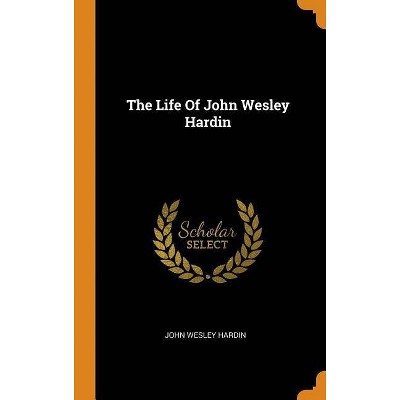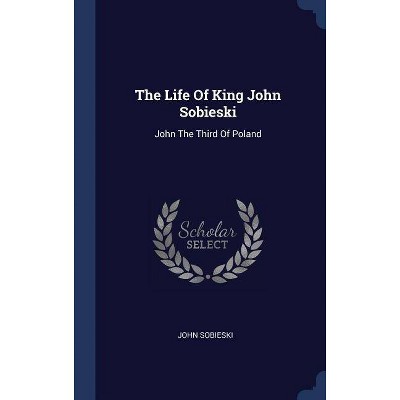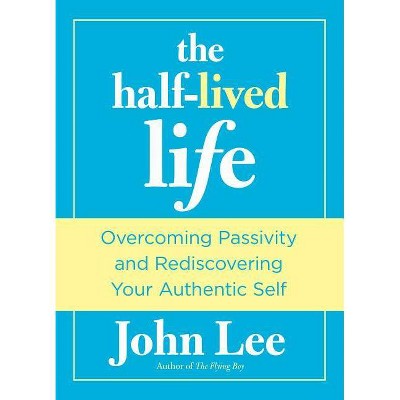One Life to Give - by John Fanestil (Hardcover)
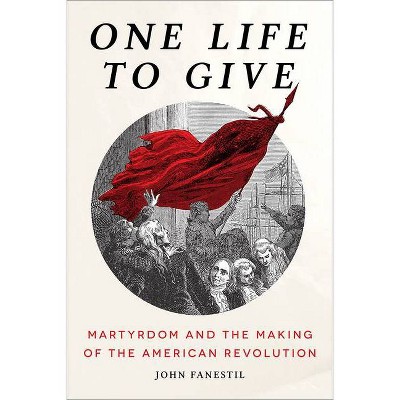
Similar Products
Products of same category from the store
AllProduct info
<p/><br></br><p><b> About the Book </b></p></br></br>One Life to Give explores martyrdom from its classical and Christian origins to the onset of the Revolutionary War. Fanestil shows how martyrdom animated many personal commitments to American independence, and thereby to the war. Understanding the role of martyrdom helps the reader grasp the origins of the American Revolution.<p/><br></br><p><b> Book Synopsis </b></p></br></br><p>The famous words of patriots, such as Nathan Hale's ""I regret that I have but one life to give for my country,"" have echoed through the centuries as embodiments of the spirit of the American Revolution. Despite the immortalized role these quotes play in America's historical narrative, their origins remain obscure. We know little about what inspired words like these and how this spirit of sacrifice inspired the revolution itself. What was going on in the hearts and minds of young men who risked their lives for the revolutionary cause? The answer lies in the untold story of the spiritual backdrop of the American Revolution.</p> <p><i>One Life to Give </i>presents Nathan Hale's execution on September 21, 1776, as the culmination of a story that spans generations and explains why many young American men reached the personal decision to commit to the revolutionary cause even if it meant death. As John Fanestil reveals, this is the story of how martyrdom shaped the American Revolution.</p> <p>In colonial America, countless young revolutionaries, like their forebears, were raised and trained from infancy to understand that divine approval was attached to certain kinds of deaths--deaths of self-sacrifice for a sacred cause. Young boys were taught to expect that someday they might be called to fight and die for such a cause, and that should this come to pass, their deaths could be meaningful in the eyes of others and of God. Fanestil traces the deep history of the tradition of martyrdom from its classical and Christian origins, ultimately articulating how the spirit of American martyrdom animated countless personal commitments to American independence, and thereby to the war. Only by understanding the inextricable role played by martyrdom can we fully understand the origins of the American Revolution.</p><p/><br></br><p><b> Review Quotes </b></p></br></br><br><p>"Fanestil has given us a fascinating look at the Christian roots of the American Revolution. This book is an engaging study of the ways we are formed by the language and practices of our faith ... and the promise and peril that lies therein." --<b>Will Willimon</b>, professor of the practice of Christian ministry, Duke Divinity School; author of <i>Who Lynched Willie Earle: Preaching to Confront Racism</i></p><p>"Fanestil's <i>One Life to Give</i> focuses on personal motivation: What made men willing to die for the cause? He finds his answer in the long tradition of English Protestant martyrdom. Patriots repeatedly referenced willing self-sacrifice for a sacred cause. To dismiss this as mere rhetoric, Fanestil persuasively argues, is to miss something vital about the fusion of politics and religion in the American Revolution." --<b>Christopher Grasso</b>, author of <i>Skepticism and American Faith: From the Revolution to the Civil War</i></p><p>"This book paints a vivid and timely picture of the role that the idea of martyrdom played in our nation's revolutionary origins. Repurposed as a wartime ideal, patriots took up arms to resist a "tyrant" whom they were convinced represented 'a mortal threat to their liberty.' In doing so, they instilled a still potent--and potentially destabilizing--image at the root of American identity, that echoes down through our nation's history, including events of recent years." --<b>Ann Taves</b>, distinguished professor emerita of religious studies, University of California at Santa Barbara</p><p>"<i>One Life to Give</i> breaks new ground by connecting the American Revolution to a centuries-old spiritual inheritance: a Protestant language of martyrdom. With clear prose and engaging stories, Fanestil makes a persuasive case that religion shaped the course and outcome of the Revolution." --<b>Erik R. Seeman</b>, author of <i>Speaking with the Dead in Early America</i></p><p>"Elegantly written ... opens an engaging new perspective on familiar, historic figures and events. Fanestil is able to balance a regard for American heroism with a realism about American hubris." --<b>Rev. Dr. Robert Allan Hill</b>, Dean, Marsh Chapel; professor, New Testament and pastoral theology, Boston University</p><br>
Price History
Price Archive shows prices from various stores, lets you see history and find the cheapest. There is no actual sale on the website. For all support, inquiry and suggestion messages communication@pricearchive.us
